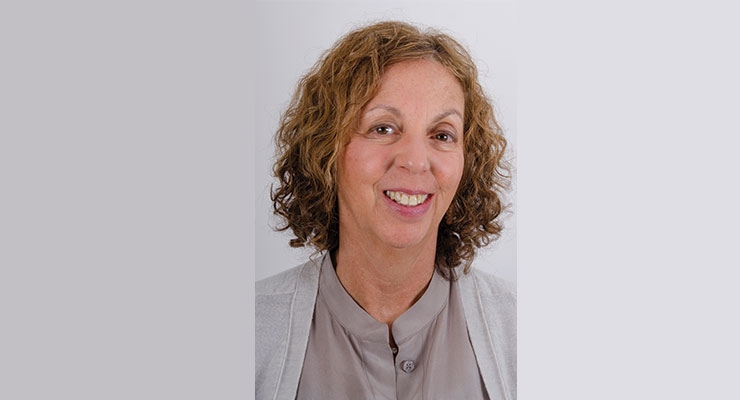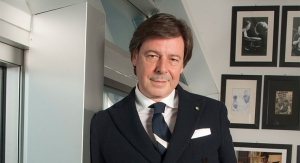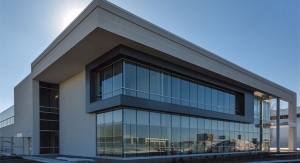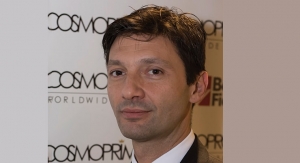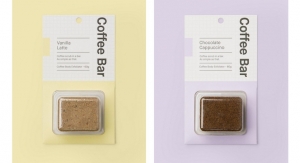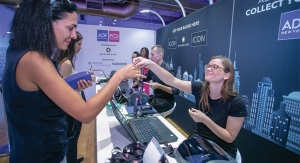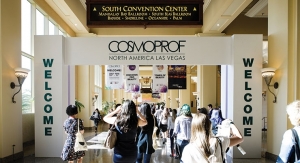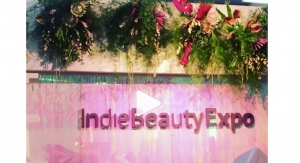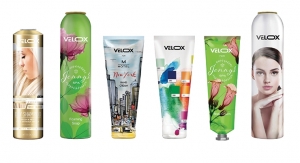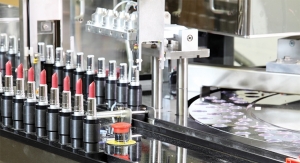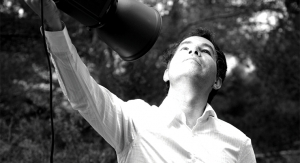Jamie Matusow, Editor-in-Chief12.12.18
In a slightly exaggerated comparison, just as 15th century Florence was unbelievably rich in ultra-talented artists including Michelangelo, Donatello, Ghiberti, Botticelli and da Vinci, today another area of Italy is getting kudos for extraordinary know-how and workmanship in supplying packaging and cosmetics to the Beauty industry. For the past few years, the region around Parma—the famous Italian Cosmetic Valley, the golden triangle between Milan, Bergamo and Crema—has emerged as a global leader and laid the foundation for an expansion and explosion of “I-Beauty” throughout the world.
This incubator of Italian companies across the supply chain has benefited greatly from the vigorous development of the global makeup market, particularly the concept of full service, which has literally exploded over the last four years. The move toward full service syncs with the industry demand for increased “speed-to-market.” Italian cosmetic manufacturers saw the potential early on and have become pros at delivering both—with quality and integrity.
For example, Orietta Riccaboni, director of sales and marketing, Mascara Plus, located in Inzago (Milan, Italy), says, “Our main goal is to react as quickly as possible to customers’ demands; speed in time-to-market in projects’ development is giving a significant competitive edge nowadays. Our strength is to be able to offer a wide range of solutions, first of all, a full-service offer: from R&D development, to packaging selection and personalization up to bulk production and filling and assembly.”
Impacting the Italian economy
Not only is the Italian cosmetics industry performing well, it is impacting Italian exports in general.
Renato Ancorotti, president of Cosmetica Italia, says the cosmetics industry is playing an increasingly important role in the Italian economy. According to a study by Cosmetica Italia, the turnover for 2018 is estimated to be nearly € 11.5 billion—an increase of 4.5% over 2017. Exports, with a growth forecast this year of 8%, and € 5 billion in sales, played a key role. “This has a considerable impact on the country’s balance of payments, which, in spite of growing imports, is close to € 2,700 million, an absolute record for the sector—we have even outranked pasta exports,” says Ancorotti, who adds: “In addition to these figures, I would like to emphasize the weight of the sector in terms of employment. We employ 35,000 people, and if we include the entire supply chain, this number reaches 200,000 people.”
This supplement was designed to enable some of these companies—from large to small, family-owned to private-equity-backed—to tell a little bit of their story and what makes them unique and competitive as Italian suppliers in the global beauty marketplace.
Many of the interviews and articles contained in this supplement are with CEOs or other executives, and were written by Jean-Yves Bourgeois, Beauty Packaging’s European correspondent.
We hope you enjoy this new, featured supplement to Beauty Packaging, especially in anticipation of Cosmoprof Bologna. Plan your visit there in March to stop by and see some of these Italian master companies—or contact them directly at any time.
See you on the show floor.
Jamie Matusow, Editor-in-Chief, Beauty Packaging
This incubator of Italian companies across the supply chain has benefited greatly from the vigorous development of the global makeup market, particularly the concept of full service, which has literally exploded over the last four years. The move toward full service syncs with the industry demand for increased “speed-to-market.” Italian cosmetic manufacturers saw the potential early on and have become pros at delivering both—with quality and integrity.
For example, Orietta Riccaboni, director of sales and marketing, Mascara Plus, located in Inzago (Milan, Italy), says, “Our main goal is to react as quickly as possible to customers’ demands; speed in time-to-market in projects’ development is giving a significant competitive edge nowadays. Our strength is to be able to offer a wide range of solutions, first of all, a full-service offer: from R&D development, to packaging selection and personalization up to bulk production and filling and assembly.”
Impacting the Italian economy
Not only is the Italian cosmetics industry performing well, it is impacting Italian exports in general.
Renato Ancorotti, president of Cosmetica Italia, says the cosmetics industry is playing an increasingly important role in the Italian economy. According to a study by Cosmetica Italia, the turnover for 2018 is estimated to be nearly € 11.5 billion—an increase of 4.5% over 2017. Exports, with a growth forecast this year of 8%, and € 5 billion in sales, played a key role. “This has a considerable impact on the country’s balance of payments, which, in spite of growing imports, is close to € 2,700 million, an absolute record for the sector—we have even outranked pasta exports,” says Ancorotti, who adds: “In addition to these figures, I would like to emphasize the weight of the sector in terms of employment. We employ 35,000 people, and if we include the entire supply chain, this number reaches 200,000 people.”
This supplement was designed to enable some of these companies—from large to small, family-owned to private-equity-backed—to tell a little bit of their story and what makes them unique and competitive as Italian suppliers in the global beauty marketplace.
Many of the interviews and articles contained in this supplement are with CEOs or other executives, and were written by Jean-Yves Bourgeois, Beauty Packaging’s European correspondent.
We hope you enjoy this new, featured supplement to Beauty Packaging, especially in anticipation of Cosmoprof Bologna. Plan your visit there in March to stop by and see some of these Italian master companies—or contact them directly at any time.
See you on the show floor.
Jamie Matusow, Editor-in-Chief, Beauty Packaging

